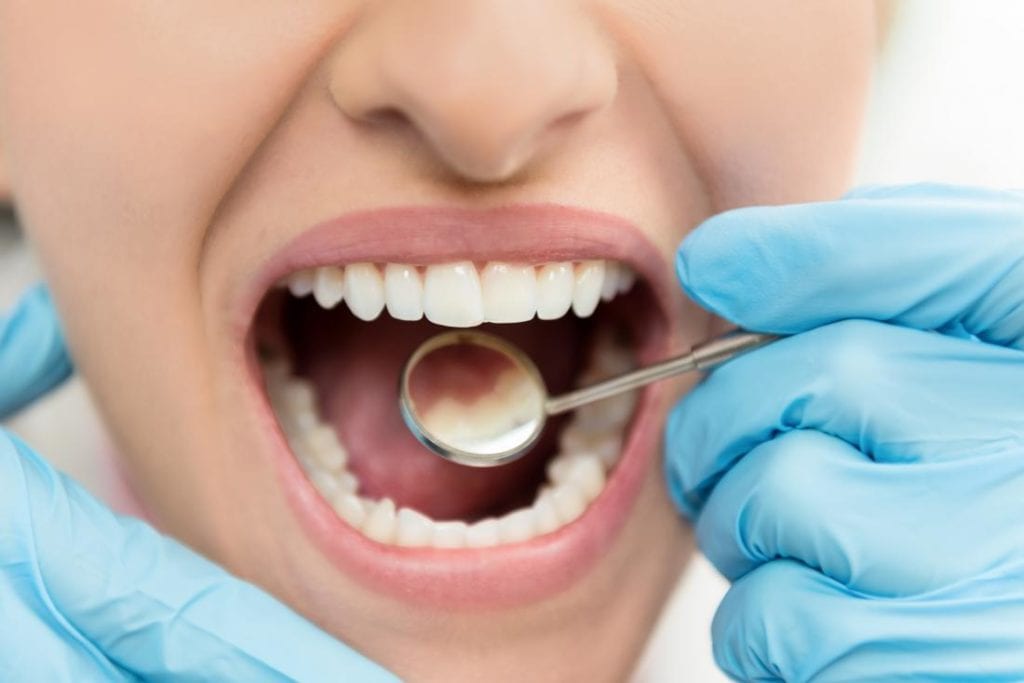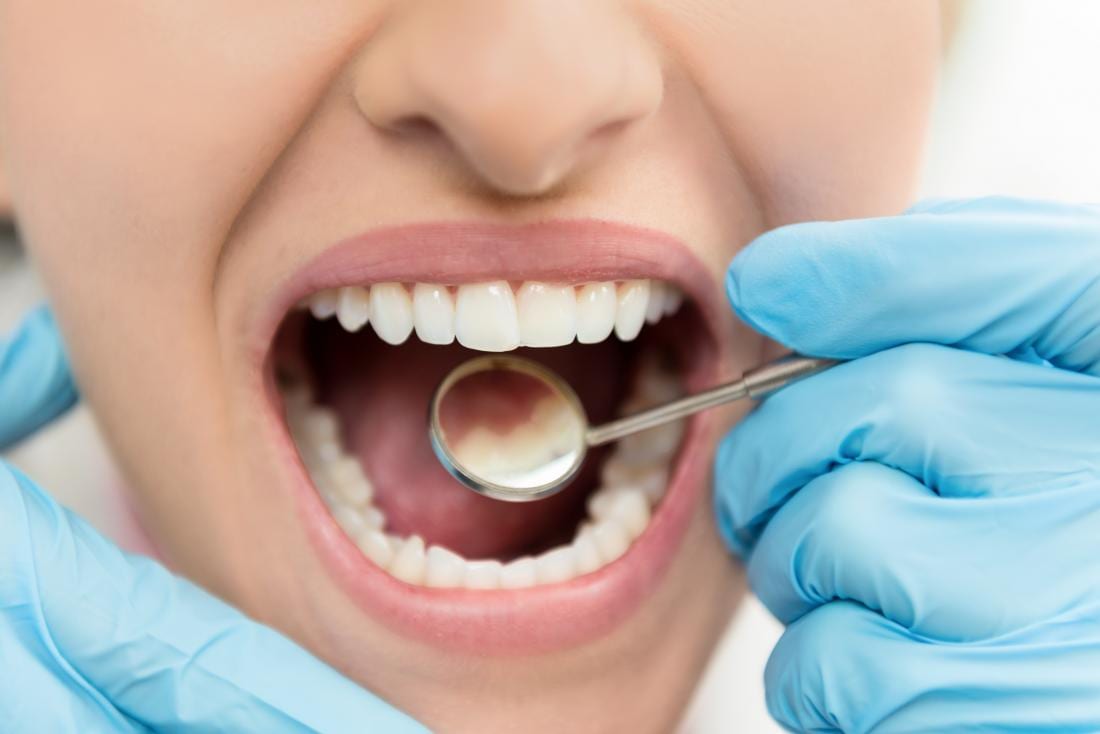
If you think you have soft teeth, read on to find out the real reasons why you’re prone to getting cavities. Plus some solutions to help.
Studies show that 92% of people aged 20-64 in the US suffer from some form of tooth decay.
That’s a huge amount! But you might be wondering, why is this affecting me more? You might have come to the conclusion that you must have ‘soft teeth’.
It’s not that simple, there are many factors that go into causing tooth decay. It can be hard to know what those factors are and how to avoid them.
Don’t worry! Read on for 5 reasons you are prone to cavities and what you can do to reduce the effect on your teeth.
Certain Foods
Sugar (particularly sucrose) is what bacteria need to produce acid. This is turn causes cavities. Certain foods are more prone to sticking and clinging to your teeth. These include things like:
- Milk
- Ice cream
- Soda
- Hard candies
- Chips
They are harder for saliva to wash away. Reducing the amounts of these types of foods (and sugar in general) is a good place to start when it comes to preventing cavities.
Saliva
Your saliva has many purposes like keeping the mouth moist and helping digest food. Your saliva’s ion concentration and buffering capacity are vital to preventing cavity formation.
Your saliva’s basic properties act as the counter to the acid produced by the bacteria in your mouth. For some people, their saliva has a more basic pH than others.
This makes it more effective in preventing cavities and decay. It also helps to remineralize and keep tooth enamel in good condition.
Acid
When acid eats away at your teeth, it causes cavities. Oral bacteria like Streptococcus Mutans or Lactobacillus Casei, produce this acid.
Everyone has this bacteria, but the quantity differs in each person. Those people with more bacteria in their mouths are more susceptible to cavities. This is because more acid is being produced, and their saliva can’t cope.
Young or Old Age
In the US, cavities are more prevalent in very young children, teenagers, and older people.
As we get older, teeth can wear down and our gums can recede. This makes them more vulnerable to root decay. Coupled with medicines that reduce saliva flow, age can take a toll on our teeth.
Milk, juice or other sugary liquids stick to children’s teeth. As they sleep or go through their day, it’ll feed the bacteria creating more acid.
Brushing and flossing after eating will help. It’s important your family seek regular, quality dental check-ups from a professional.
Heartburn
Heartburn or gastroesophageal reflux disease (GERD) causes stomach acid to come up into your mouth. This then wears down the tooth enamel and causes massive damage to your teeth.
When more of the dentin gets exposed, the bacteria in your mouth can attack it; causing tooth decay. If you suspect this is happening, talk to your dentist and doctor for prevention.
Don’t Let “Soft Teeth” Ruin Your Day
So there you have it! Increased tooth decay isn’t a simple as having “soft teeth” but some people do suffer more than others.
But you can do something about it. Changing what you eat and when maintaining good oral hygiene and getting regular dental check-ups will make a big difference.
If you enjoyed this article and found it helpful, check out our blog for other health and fitness tips.
